Essential Pre-Purchase Septic Inspections for Home Buyers
Before purchasing a home, conducting a pre-purchase septic inspection is crucial to ensure the septic system is functioning properly. This vital step can save you from unexpected expenses and health hazards. Let’s dive into why pre-purchase septic inspections are indispensable and how they can benefit you.
Table of Contents
Key Takeaways
- Pre-purchase septic inspections safeguard against unforeseen costs and health risks.
- These inspections assess septic tank integrity, leach field condition, and system compliance.
- Properly functioning septic systems enhance home value and buyer peace of mind.
- Texway Wastewater Services offers comprehensive septic inspections and repairs in Burleson, Texas, and Johnson County.
Importance of Pre-Purchase Septic Inspections

Protect Your Investment
A pre-purchase septic inspection ensures that the septic system is in good working order. Without this inspection, you risk inheriting a failing septic system, which can be costly to repair or replace. A thorough septic inspection can uncover hidden issues that could lead to serious problems down the line.
Health and Environmental Safety
A malfunctioning septic system can pose severe health risks due to potential contamination of groundwater and nearby water sources. Harmful pathogens and chemicals can seep into drinking water, leading to serious health issues.
Inspecting the septic system before purchasing provides peace of mind that your new home is safe and environmentally sound.
What Does a Pre-Purchase Septic Inspection Involve?

Visual Inspection
During a visual inspection, the inspector checks for visible signs of septic system problems, such as sewage backups, foul odors, and lush green grass over the leach field. These signs can indicate issues like clogs, leaks, or system overloads.
Detailed Septic Tank Examination
Inspectors will open the septic tank and assess its contents. This includes measuring the sludge and scum layers to determine if pumping is needed. They will also inspect the tank for any cracks or leaks that could compromise its integrity.
Leach Field Evaluation
The leach field is where wastewater is filtered through the soil. Inspectors will examine this area for signs of saturation or improper drainage, which could indicate a failing system. They may use probes or cameras to assess the condition of the pipes and soil absorption.
System Compliance Check
Septic systems must comply with local regulations and codes. Inspectors will ensure the system meets all necessary requirements and that any previous repairs or modifications were done correctly.
Benefits of Pre-Purchase Septic Inspections
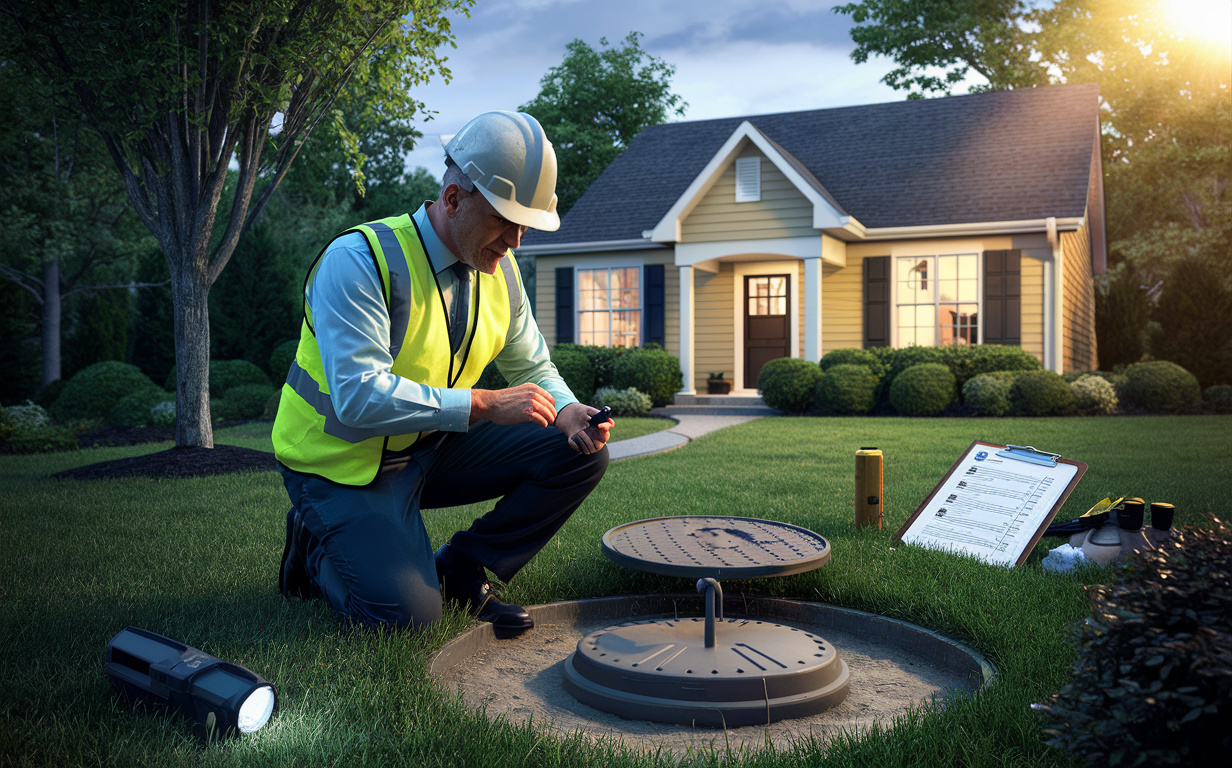
Avoid Unforeseen Expenses
A septic system replacement can cost thousands of dollars. By inspecting before purchasing, you can negotiate repairs or replacement costs with the seller, potentially saving you a significant amount of money.
Peace of Mind
Knowing that the septic system is in good condition allows you to move into your new home with confidence. It eliminates the stress of unexpected sewage problems and ensures a safe and healthy living environment.
Enhanced Property Value
A well-maintained septic system is a valuable asset. It not only enhances the property’s value but also makes it more attractive to future buyers should you decide to sell.
Common Issues Found During Septic Inspections
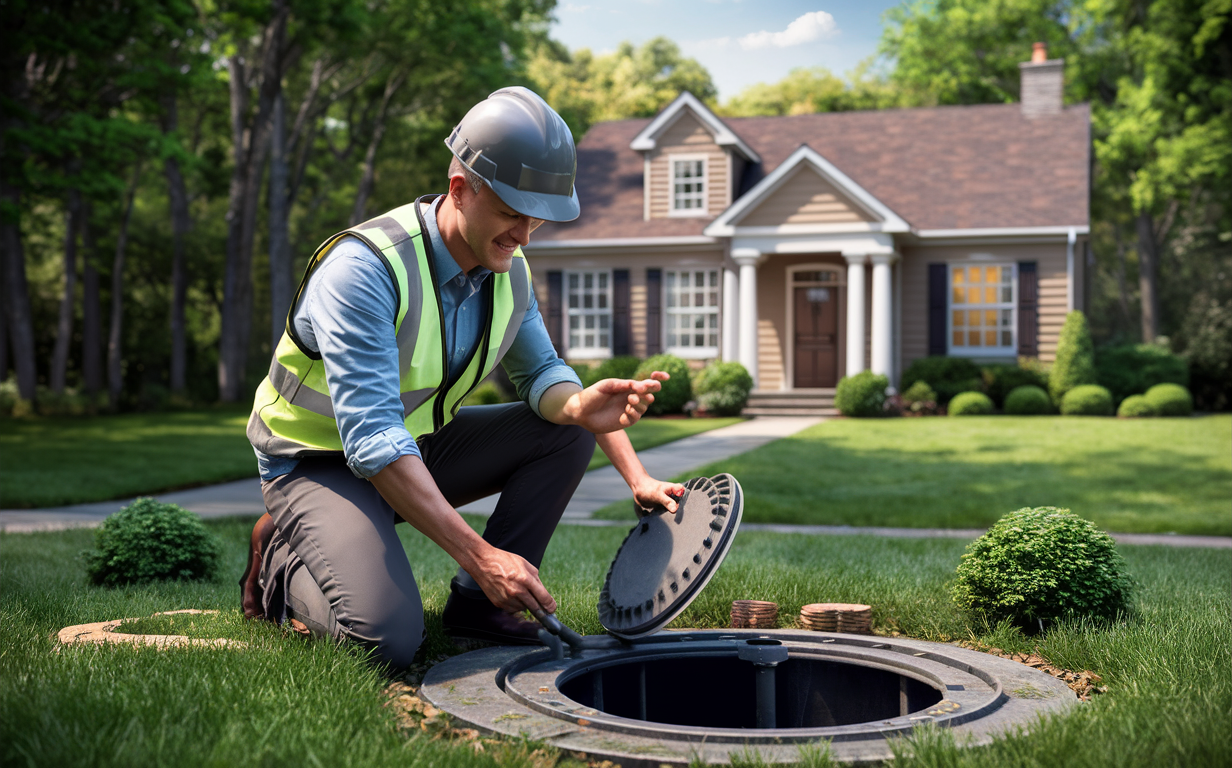
Cracked or Damaged Tanks
Over time, septic tanks can develop cracks or structural damage. This can lead to leaks, which contaminate the surrounding soil and groundwater. Early detection through an inspection can prevent costly replacements.
Clogged Pipes or Drains
Clogs can occur in the pipes leading to and from the septic tank. These blockages can cause backups and slow drainage. Inspections can identify and address these issues before they escalate.
Overloaded Systems
Septic systems are designed to handle a specific capacity of wastewater. Overloading the system can result in premature failure. Inspectors will evaluate the system’s capacity and usage to ensure it is not being overburdened.
Improperly Installed Systems
Incorrect installation can lead to numerous problems, from poor drainage to premature system failure. Inspections verify that the system was installed according to local codes and standards.
Steps to Take After a Septic Inspection
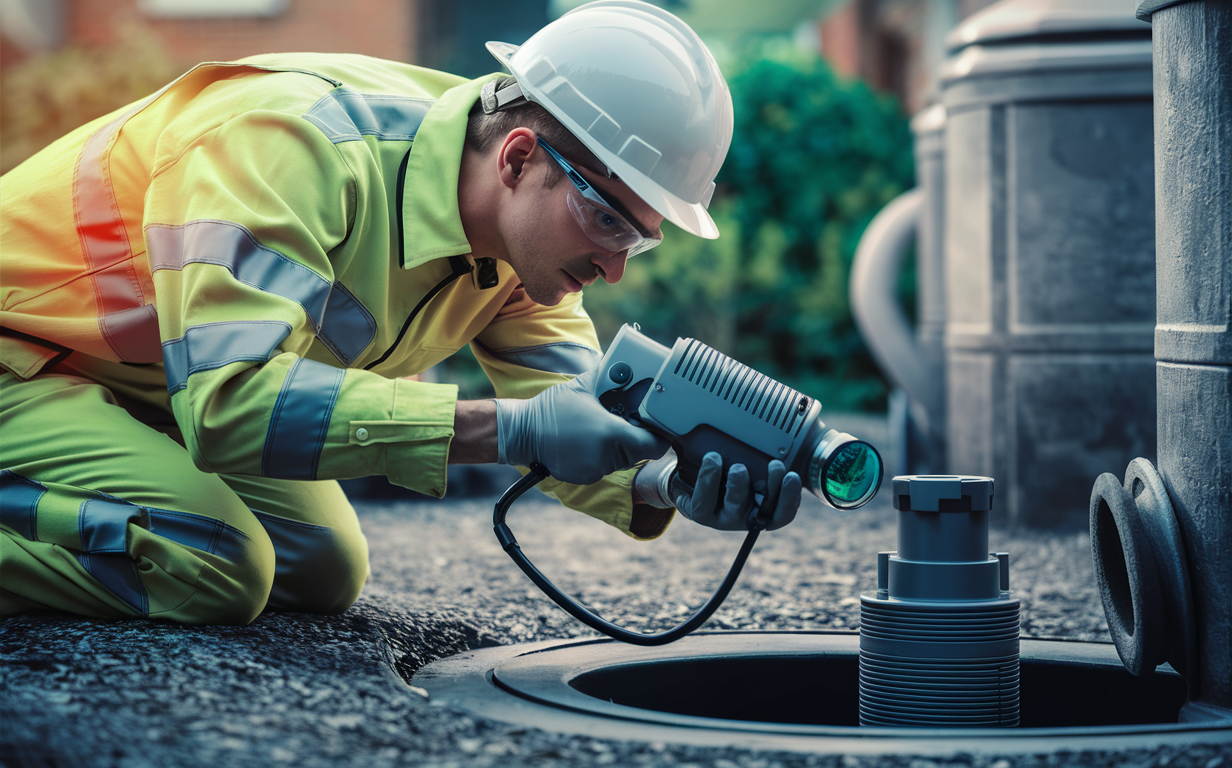
Review the Inspection Report
The inspector will provide a detailed report outlining the condition of the septic system and any recommended repairs. Review this report carefully and discuss any concerns with your real estate agent or the seller.
Get Estimates for Repairs
If the inspection reveals issues, obtain estimates from reputable septic service companies for the necessary repairs. Use these estimates to negotiate with the seller for a price reduction or request that the repairs be completed before closing.
Schedule Regular Maintenance
To keep your septic system in good working order, schedule regular maintenance. This includes routine pumping, inspections, and addressing any minor issues before they become major problems.
Common Septic System Issues and Solutions
| Issue | Description | Solution |
|---|---|---|
| Cracked or damaged tanks | Structural damage leading to leaks | Repair or replace the tank |
| Clogged pipes or drains | Blockages causing backups and slow drainage | Clean and unclog pipes |
| Overloaded systems | System handling more wastewater than capacity | Reduce usage or upgrade system |
| Improperly installed systems | Reduce usage or upgrade the system | Reinstall according to standards |
The Role of Professional Inspectors
Professional inspectors play a crucial role in the pre-purchase septic inspection process. Their expertise ensures a thorough evaluation of the system, identifying potential issues that may not be evident to the untrained eye. They use specialized tools and techniques to assess the condition of the septic tank, pipes, and leach field, providing a comprehensive report on their findings.
Why DIY Inspections Are Not Recommended
While some homeowners may consider performing their septic inspection to save money, this approach is not recommended. Septic systems are complex and require specialized knowledge to evaluate properly. DIY inspections can miss critical issues, leading to costly repairs and potential health hazards. Hiring a professional inspector ensures a thorough and accurate assessment of the system
Professional vs. DIY Septic Inspections
| Aspect | Professional Inspection | DIY Inspection |
|---|---|---|
| Expertise | Conducted by trained experts | Limited knowledge |
| Tools and Equipment | Specialized tools used | Basic tools only |
| Thoroughness | Comprehensive evaluation | Risk of missing issues |
| Accuracy | High accuracy | Potential for errors |
Signs of a Failing Septic System
- Slow drains – sinks, toilets, and showers draining slowly.
- Foul odors – unpleasant smells around the septic tank or drain field.
- Sewage backups – wastewater backing up into sinks, toilets, or bathtubs.
- Lush vegetation – unusually green or lush grass over the leach field.
- Pooling water – standing water around the septic tank or drain field.
How Texway Wastewater Services Can Help
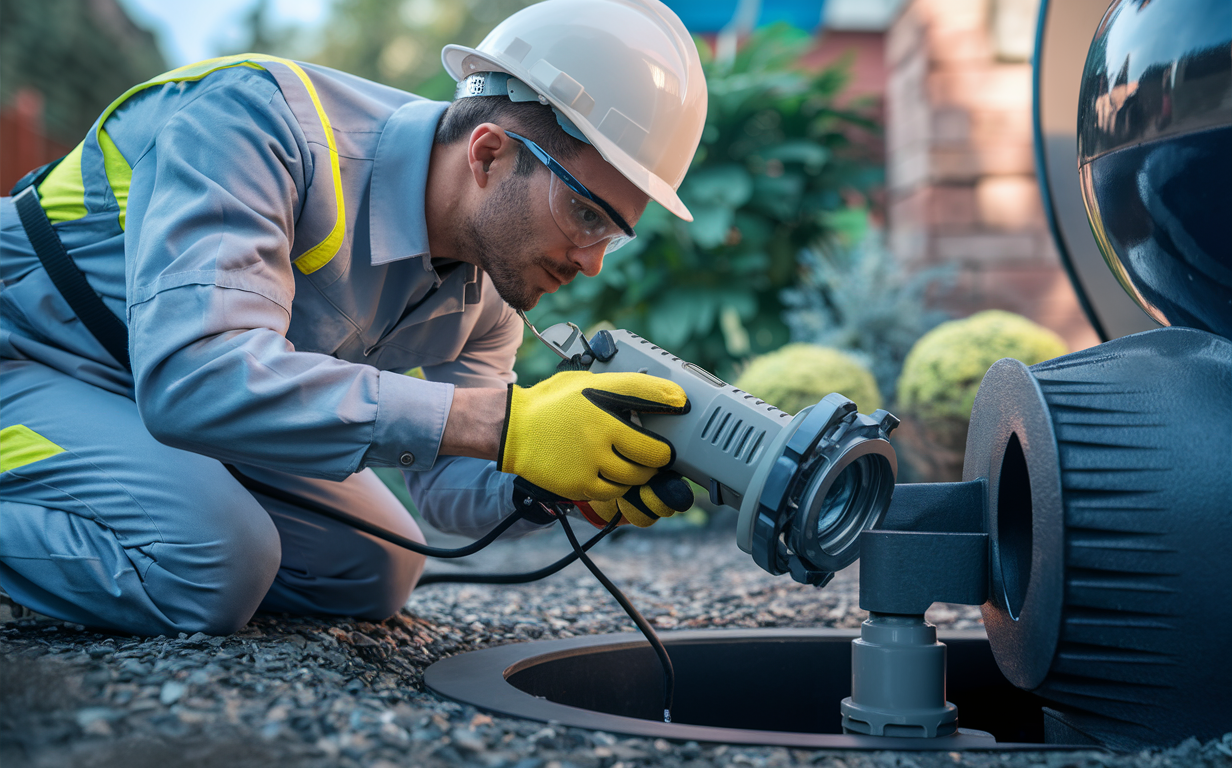
Expert Inspections
At Texway Wastewater Services, our team of experienced professionals provides comprehensive pre-purchase septic inspections. We utilize advanced tools and techniques to evaluate your septic system thoroughly, ensuring any issues are identified and addressed.
Reliable Repairs and Maintenance
In addition to inspections, we offer reliable repair and maintenance services to keep your septic system functioning optimally. From tank repairs to leach field evaluations, our team is equipped to handle all your septic needs.
Competitive Pricing and Superior Service
We pride ourselves on offering competitive pricing without compromising on quality. Our commitment to superior service ensures that your septic system is in good hands, providing you with peace of mind and a safe living environment.
Key Takeaways
- Pre-purchase septic inspections are essential for protecting your investment and ensuring health and safety.
- Inspections involve visual checks, detailed tank examinations, leach field evaluations, and compliance checks.
- Common issues include cracked tanks, clogged pipes, overloaded systems, and improper installations.
- Professional inspections are recommended over DIY approaches for accuracy and thoroughness.
- Real-life experiences highlight the importance of pre-purchase inspections in avoiding unexpected costs and stress.
Whether you’re buying a new home or need routine maintenance, Texway Wastewater Services is here to help. Our expert team is dedicated to providing top-quality septic services in Burleson, Texas, and Johnson County.
For more information or to schedule a pre-purchase septic inspection, call (817) 889-4007 or visit Texway Wastewater Services.

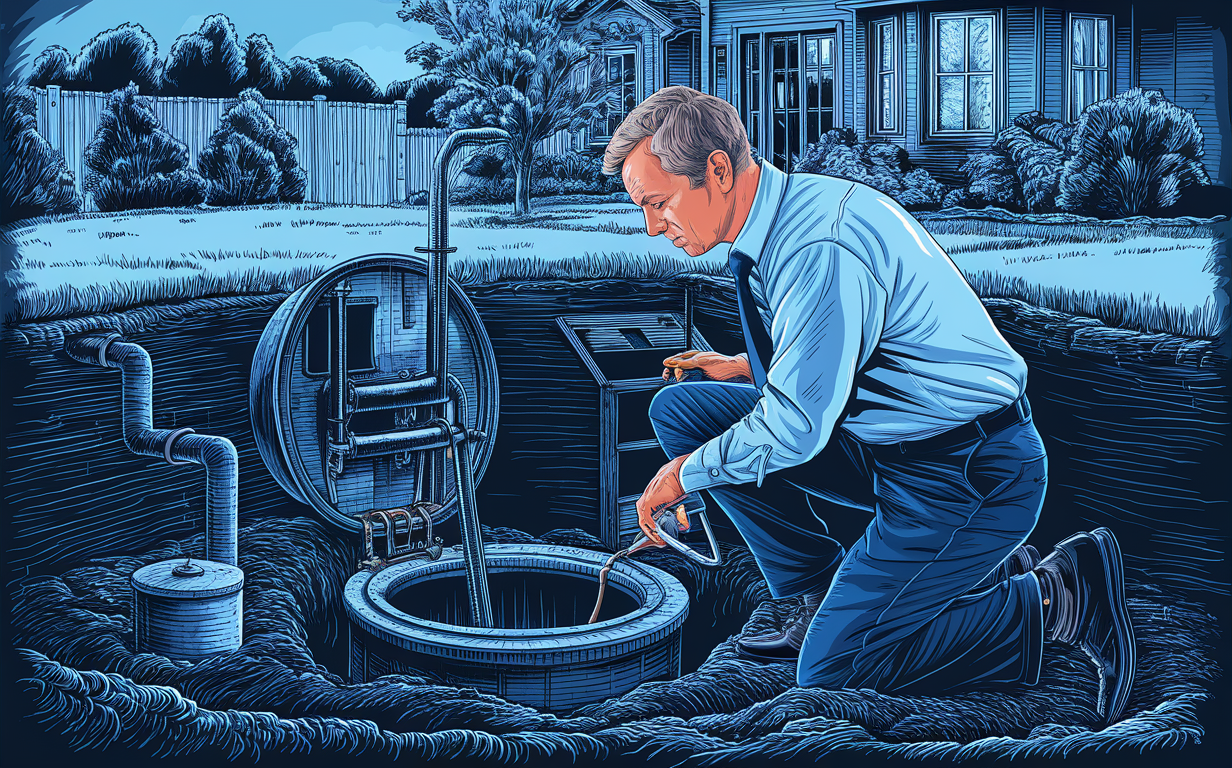
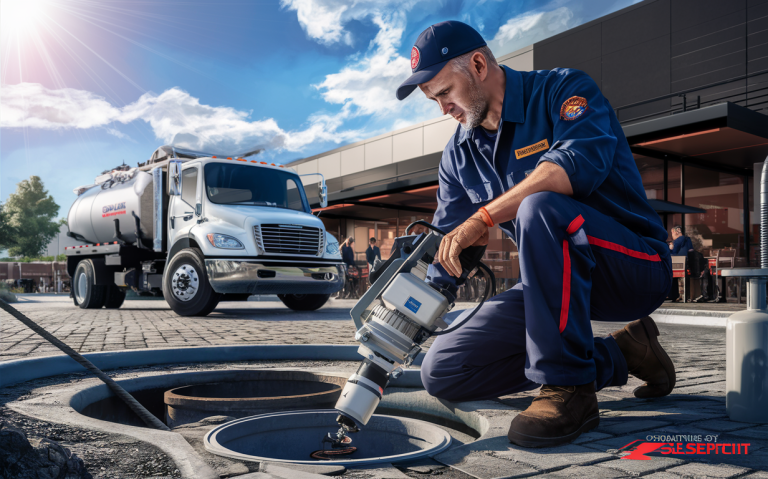
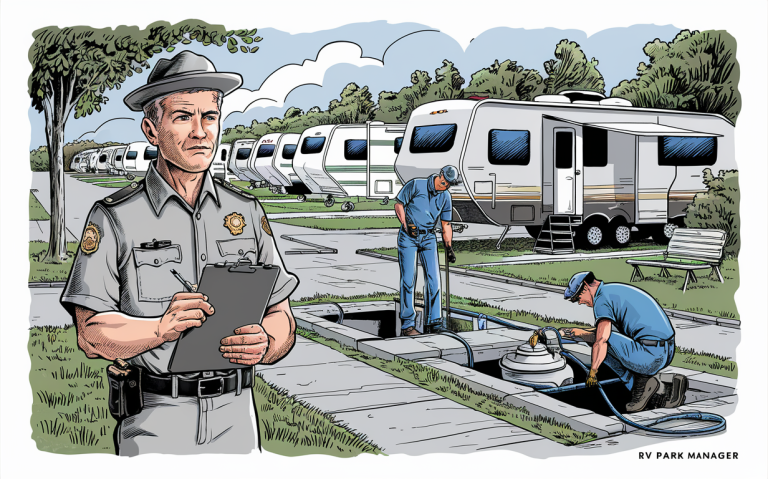
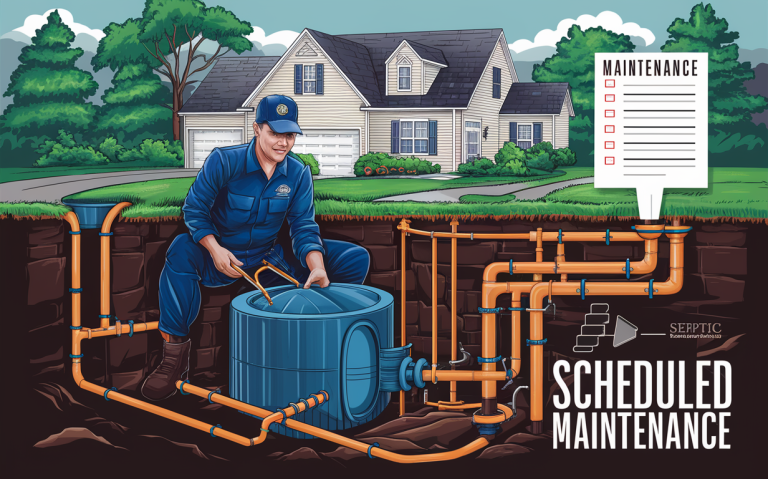

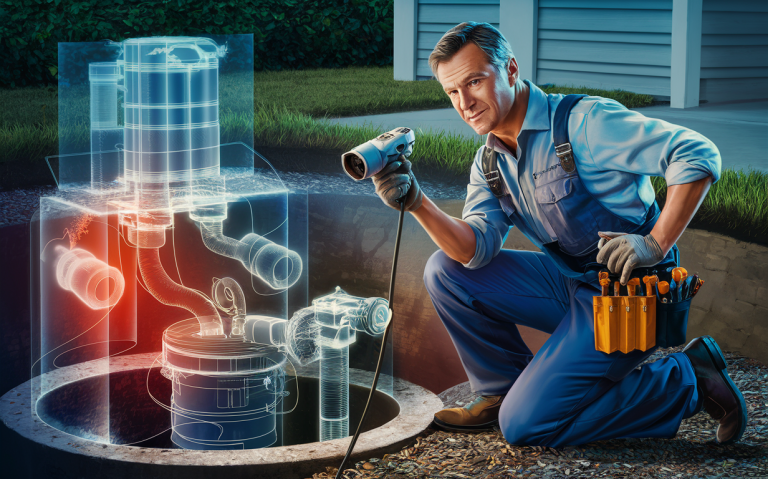
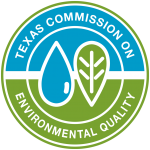 Texway Wastewater Services is a septic, wastewater, and excavation company based out of Burleson, Texas and serving the surrounding areas. We specialize in
Texway Wastewater Services is a septic, wastewater, and excavation company based out of Burleson, Texas and serving the surrounding areas. We specialize in